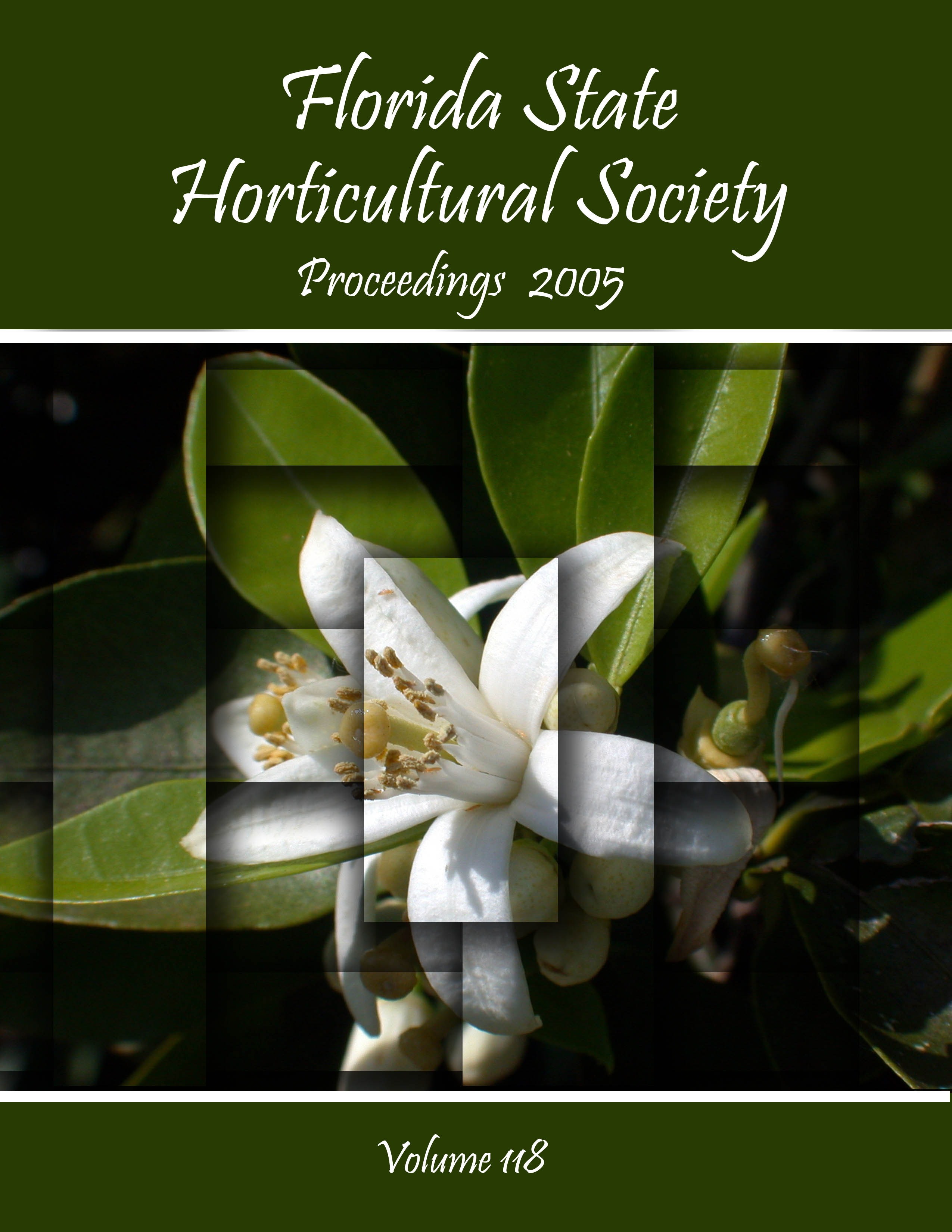Abstract
The adventive Caribbean fruit fly, Anastrepha suspensa (Loew), is a common agricultural pest known for its wide host range of almost 100 species, including several important fruit crops. Caribbean fruit fly infestations can cause direct yield loss; and its presence can affect shipments to quarantine sensitive markets. In Florida, various control techniques have been used with limited success. A novel approach for reducing fruit fly populations is classical biological control of their preferred naturalized host plants. In addition to being an important host, strawberry guava, Psidium cattleianum Sabine, also is considered a highly invasive plant. Strawberry guava is native to southeastern Brazil, but is present in Florida, Hawaii, and throughout the Caribbean. In Brazil, a survey of the entomofauna associated with strawberry guava identified five potential biological control agents. The most promising was a leaf-galling scale insect, Tectococcus ovatus Hempel (Hemiptera: Eriococcidae). Large infestations of T. ovatus cause premature leaf drop and inhibit fruiting, thereby reducing fruit fly breeding sites. Preliminary host specificity testing in Florida indicates that T. ovatus is highly host specific and may be a good candidate for classical biological control of strawberry guava.

